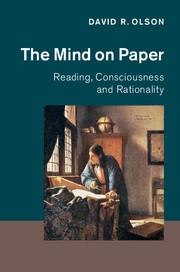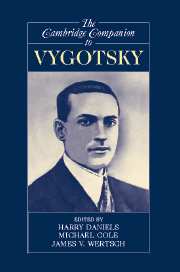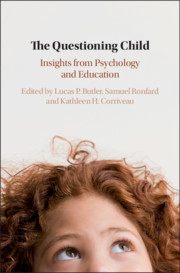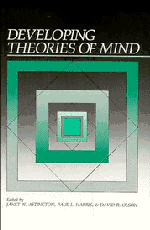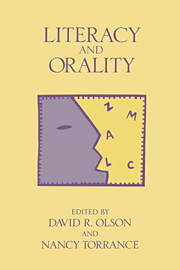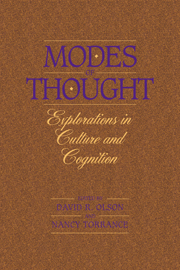The Mind on Paper
Although the importance of literacy is widely acknowledged in society and remains at the top of the political agenda, writing has been slow to establish a place in the cognitive sciences. Olson argues that to understand the cognitive implications of literacy, it is necessary to see reading and writing as providing access to and consciousness of aspects of language, such as phonemes, words and sentences, that are implicit and unconscious in speech. Reading and writing create a system of metarepresentational concepts that bring those features of language into consciousness as a subject of discourse. This consciousness of language is essential not only to acquiring literacy but also to the formation of systematic thought and rationality. The Mind on Paper is a compelling exploration of what literacy does for our speech and hence for our thought, and will be of interest to readers in developmental psychology, cognitive science, linguistics, and education.
- Presents a general theory of how reading and writing invite a new and distinctive consciousness of language
- Finds a significant place for writing in the cognitive and educational sciences
- Shows that the 'reading wars' can be resolved by a better understanding of the role of metarepresentational knowledge in reading and learning to read
Reviews & endorsements
"This is a highly original and compelling treatment of the effects of literacy on human consciousness, written by the world's leading expert on the cognitive consequences of literacy. The interdisciplinary approach will be of interest to scholars of cognitive psychology, developmental psychology, education, philosophy, and linguistics."
Susan Gelman, University of Michigan
"This substantial and original work makes a compelling argument in favour of the significance of metarepresentation for reading. It provides critical insights into the interconnections between reading, writing, and reasoning, and makes a valuable contribution to our understanding of mind. Olson's incisive argument should have important educational consequences."
Jan Derry, UCL Institute of Education
'In The Mind on Paper, Olson (emer., Univ. of Toronto) presents an extensively researched text that draws on myriad disciplines, including developmental psychology, education, philosophy, and the history of reading, writing, and linguistics. The author thoroughly examines the role that literacy has on human consciousness.' J. Bailey, Choice
'This is a wonderful book … with fresh insights on every page. It should be of interest to school and university educators, to literacy scholars, to psychologists and to philosophers.' Ian Winchester, Interchange
Product details
November 2016Hardback
9781107162891
280 pages
235 × 156 × 19 mm
0.52kg
11 b/w illus.
Available
Table of Contents
- Preface
- Part I. Introduction: Reading, Writing and the Mind
- 1. Awakening: reading and consciousness
- Part II. Theories of the Relation between Writing and Mind:
- 2. Inventing writing: the history of writing and the ontogeny of writing
- 3. Dewey and the New Pragmatists: reading, writing and mind
- 4. Vygotsky and the Vygotskians
- 5. The cognitive science of metarepresentation
- Part III. Reading and the Invention of Language about Language:
- 6. Phonemes and the alphabet
- 7. The discovery of words and thinking about words
- 8. Sentences and logic
- 9. Prose and rational argument
- 10. The testing of rationality and the rationality of testing
- Part IV. The Implications and Uses of Metarepresentational Language:
- 11. The psychology and pedagogy of reading
- 12. The psychology and pedagogy of rationality
- Part V. Conclusions:
- 13. Reading, consciousness and rationality
- References
- Author index
- Subject index.

